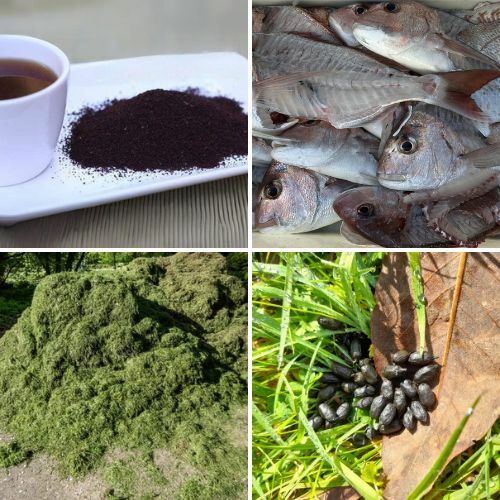Starting a Vegetable Garden: The Easy Way xx
Starting a Vegetable Garden: The Easy Way
With people having a renewed interest in growing their food, there are also lots of people writing and sharing their gardening knowledge with others.
I am a long-time gardener, who has gained certificates, trained, and worked in the industry.
There are several ways to start a new garden, but before you start you need to consider a few things:
.
Sunshine and location.
The direction of the sun. Check if the area gets morning, mid-day, or afternoon sun. Remember summer sun and winter sun come from different directions. For a vegetable garden choose a site that has sun, all day.
Does your chosen area have easy access to water? It’s hard work, carrying buckets of water up a hill to a garden.
What is currently growing in your proposed garden? Simply grass, or more troublesome weed pests. Convolvulus, couch, ivy, and tradescantia take lots of effort to remove from a proposed site. It will take many attempts before it is gone. Sometimes it is just impossible to remove it altogether.
Are there trees overhanging the area? Some vegs do better with slight shade, but a site with a huge tree mightn't be the best choice. You could end up with a mass of tree roots as well as the established tree sucking all the goodness from your garden.
.
How to start a veg garden.
The old gardening style was hard work, they believed you needed to dig and turn the soil to start a garden. Thankfully people now often use organic methods instead.
Now people use paper and cardboard as a base and build the garden goodness on top. Corrugated cardboard is awesome to use, remove all the tape first. Skip the glossy magazines and use newsprint instead.
A hugelkultur bed, is made by laying down logs, and then building the raised garden on top. Over time the logs will decompose and add goodness to the soil.
Layers of fallen leaves, pruning’s from plants, household kitchen scraps, paper, etc are used. Try not to add any pest plants that might resprout or pest seeds.
I do not use rose pruning’s either, simply because I do not want to get a thorn in my fingers when I weed next time.
I often add another layer of newspaper and then top the whole lot with a nice thick layer of mulch. Over time this will all get mixed up by the worms resulting in healthy, rich soil.
Ensure that it gets a good watering to start the process.
.
Mulch.
Natural mulches are best to use. I prefer not to use big, chunky bark as it takes forever to break down. But smaller-sized bark, wood shavings, and trees that have been put through a mulcher are all perfect to use.
Doing this months before you want to use it for a vegetable garden is the best method. But if I want to plant immediately, I will make a generous hole and add some potting mix or soil to ensure the small plant has some soil to start it off.
.
Clay Soils.
Clay soils are not ‘bad’ as is often suggested. Clay can become superb soil, it is just that the good minerals are locked in and not readily available to your plants, so it needs help. Adding organic matter or gypsum will improve clay soils and assist with drainage.
.

Also good for gardens, but:
Animal manure – can be strong and full of weeds. Putting it somewhere, so it can ‘age’ will reduce the strength. **
Coffee grounds some plants would not appreciate a large concentration of coffee, due to its pH acidic level. * or **
Lawn clippings, tend to form a sloppy mass, if put on too thickly. *
Fish bones will decompose, but I wouldn’t want to get a bone in my hand. **
Seaweed can be very salty. **
But consider composting (*) or making compost tea (**) instead.
.
I have written more about making compost tea in this blog.
Posted: Thursday 17 April 2025
Recent Posts
Archive
Tags
| Top |
